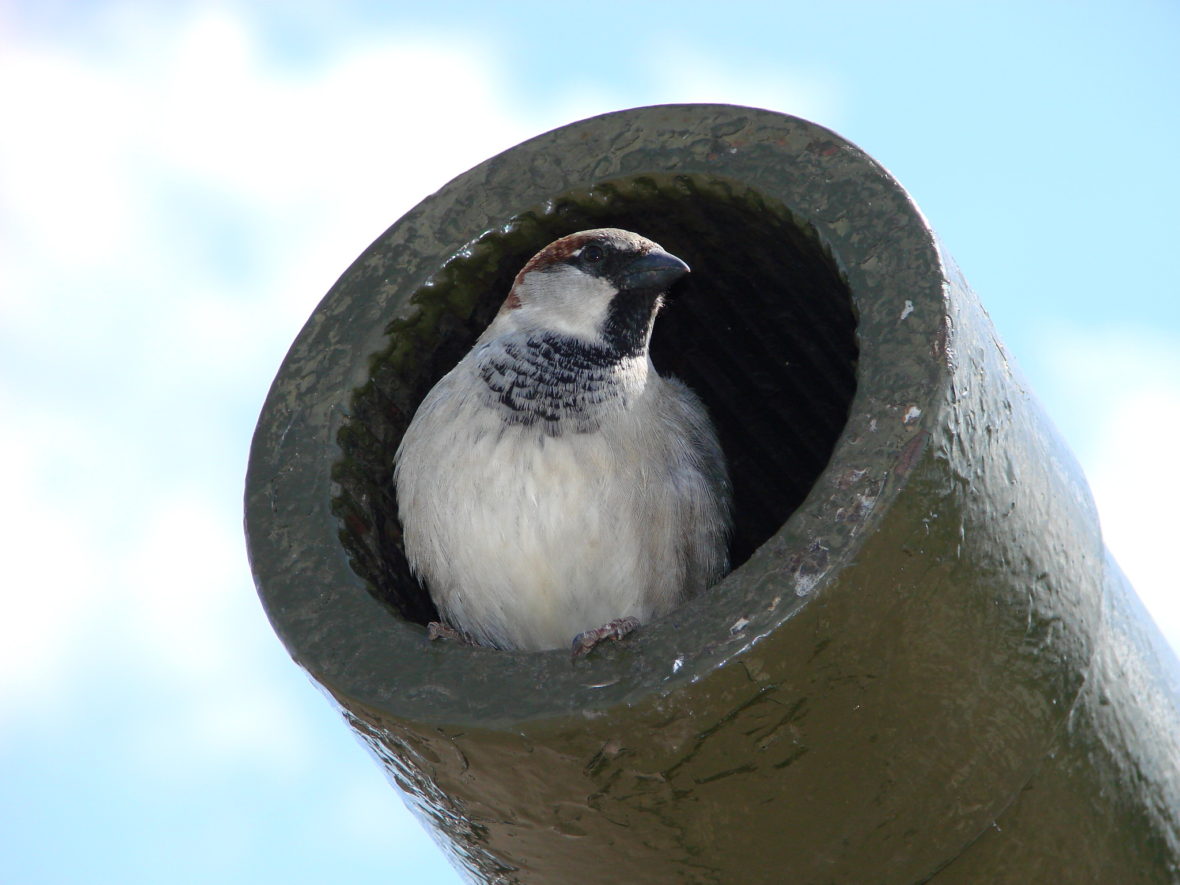If you’re reading this, you have Enzo Silon Surin to thank for creating my website and, with it, my blog. Surin is a writer, a teacher, and the publisher of Central Square Press, which, according to its mission statement, strives “to publish poetry that does not cater to the academic establishment but is part of the witness continuum; work that bears witness to the struggle and residual prejudices that plagued our communities, with emphasis on emerging poets.”
Among those poets is Lesley University MFA graduate Lisa Pegram. I first met Lisa in 2013 when Teresa Cader suggested her for an AWP panel I was moderating, “From Creative Reading to Creative Writing.” Lisa’s job was to discuss how her reading of work from Cader’s seminar on postwar Polish poetry, “Poets under Fire,” helped her develop a way to write about the traumas of American racial and sexual violence. Her presentation, which included a reading of one of the poems written under the influence of Milosz and Szymborska, brought the audience to its feet. Pegram’s 2015 chapbook, Cracked Calabash, is the second published by Central Square Press; the first, by Afaa Micheal Weaver, appeared a year earlier.
A calabash is both food and a vessel for food, two things vital to human survival traditionally placed under the care of women. Pegram’s poems celebrate food as metaphor and cultural signifier. Here’s an example from the book’s first poem, “Lime Pickle.” It begins with a dedication to Kathy Sosa, a visual artist whose paintings explore the blend of races, ethnicities, languages, and cultures along the Texas-Mexico border region where she lives. Pegram begins by imagining herself in one of Sosa’s portraits, carrying “a basket…of ripe avocados. Sliced open,/ their pits are exposed, an armful of eyes” that “stare without blinking.”
What those eyes witness is a process of self-discovery: “My shoulder the color of caramelo/that sits on top of flan. I never noticed/ then, how warm and sweet my brown was.” The avocados are a gift for the Persian neighbor who teaches Pegram to “dry bowls of whole limes in the back porch sun.” Two women order their surroundings, inside and out; in the kitchen, “tucked tight/inside her mother-in-law’s recipes,” the neighbor also becomes food: “She is bite-sized. She is every slice of onion,// which no longer make her eyes water.” The poem ends as the neighbor’s dry, practiced eye reminds Pegram to “wash a load of laundry when I get home. And water the plants.” Two women, both delicious, nourish each other while subverting the structures—family, kitchen, skin—meant to isolate and confine them.
Pegram’s ear is as subtle as her imagery is sensual. In “Amber,” she calls herself “Brown//as ancient tree resin./Prehistoric spiders/and secrets trapped in my drippings.” “Tree” leads to “secrets” and “trapped;” “trapped” echoes in “drippings;” the syllables undulate. The poem I return to most often is “After Dinner.” A sketch of what men say and do “when all of the women leave,” it’s available here on the Academy of American Poets website: (https://www.poets.org/poetsorg/poem/after-dinner). It confirms Lisa Pegram as a poet alert to everything going on around her, whether or not she’s invited into the room.
